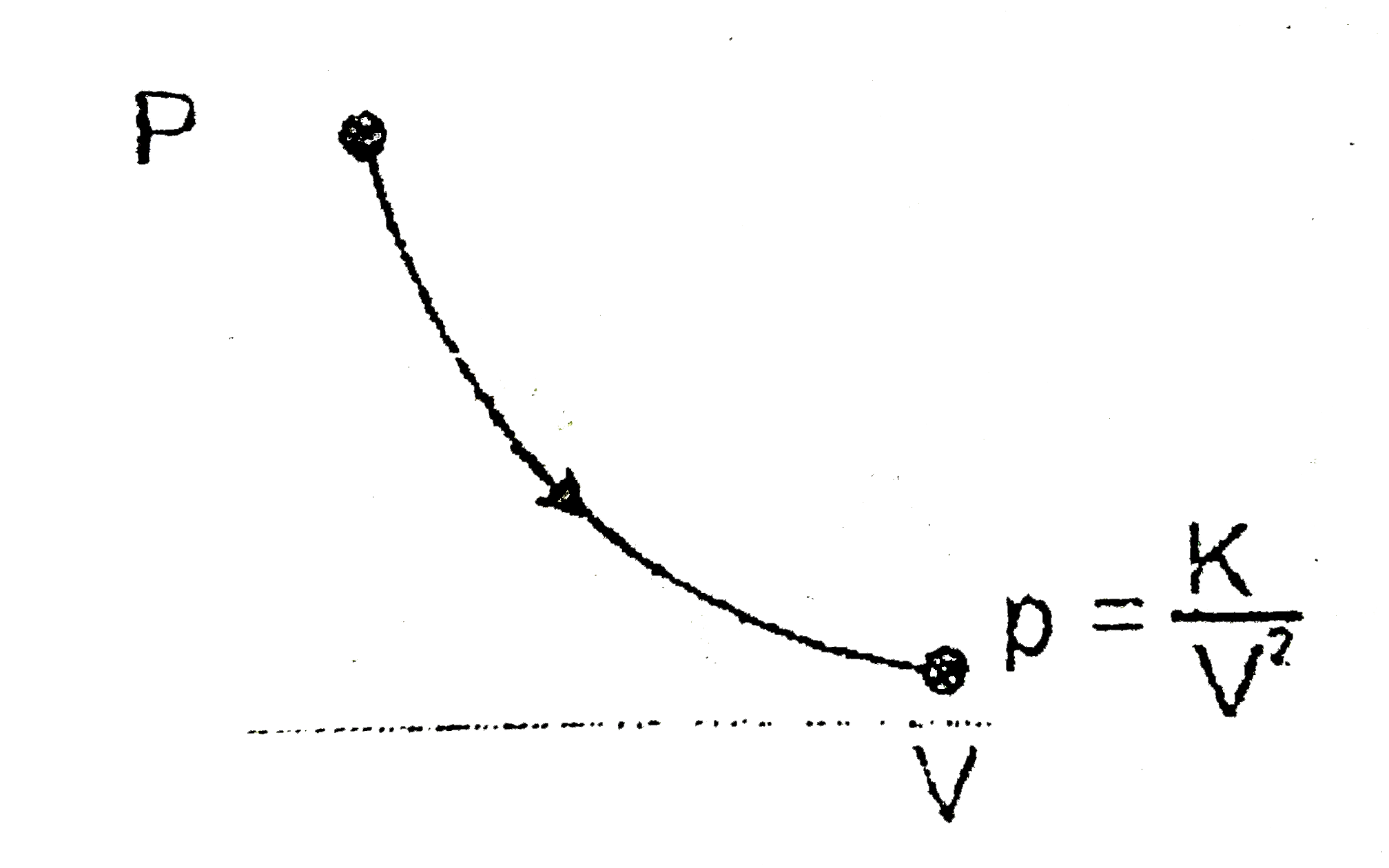A process in which pressure remians constant is called
Isochroic process
Isothermal process
Adiabatic process
Isobaric process
To solve the question, "A process in which pressure remains constant is called," we can analyze the definitions of the different thermodynamic processes provided in the options.
1. Understand the Options: The options given are:
- Isochoric
- Isothermal
- Adiabatic
- Isobaric
2. Define Each Process:
- Isochoric Process: In this process, the volume of the system remains constant. Since volume does not change, any heat added or removed will change the internal energy and temperature.
- Isothermal Process: In this process, the temperature of the system remains constant. This typically occurs in systems that can exchange heat with their surroundings.
- Adiabatic Process: In this process, there is no heat exchange with the surroundings (Q = 0). The internal energy change is due to work done on or by the system.
- Isobaric Process: In this process, the pressure of the system remains constant. This means that any heat added or removed will change the volume and temperature of the system.
3. Identify the Correct Answer: The question specifically asks for a process where the pressure remains constant. According to the definitions:
- The correct answer is Isobaric Process.
Final Answer:
The process in which pressure remains constant is called Isobaric.
- Isochoric
- Isothermal
- Adiabatic
- Isobaric
- Isochoric Process: In this process, the volume of the system remains constant. Since volume does not change, any heat added or removed will change the internal energy and temperature.
- Isothermal Process: In this process, the temperature of the system remains constant. This typically occurs in systems that can exchange heat with their surroundings.
- Adiabatic Process: In this process, there is no heat exchange with the surroundings (Q = 0). The internal energy change is due to work done on or by the system.
- Isobaric Process: In this process, the pressure of the system remains constant. This means that any heat added or removed will change the volume and temperature of the system.
- The correct answer is Isobaric Process.
The process in which pressure remains constant is called Isobaric.
Topper's Solved these Questions
- THERMODYNAMICSBOOK - CENGAGE CHEMISTRY ENGLISHCHAPTER - THERMODYNAMICSEXERCISE - Exercise
1 Videos
- THERMODYNAMICSBOOK - CENGAGE CHEMISTRY ENGLISHCHAPTER - THERMODYNAMICSEXERCISE - Ex 6.1
26 Videos
- STOICHIOMETRYBOOK - CENGAGE CHEMISTRY ENGLISHCHAPTER - STOICHIOMETRYEXERCISE - Archives Subjective
33 Videos
Similar Questions
Knowledge Check
The metallurgical process in which a metal is obtained in a fused state is called
AsmeltingBroastingCcalcinationDfroth floatationThe metallurgical process in which a metal is obtained in a fused state is called
AsmeltingBroastingCcalcinationDfroth floatation
Heat change of a process, in which volume remains constant, is represented by
View SolutionIn a process, the pressure of a gas remains constant. If the temperature is doubles, then the change in the volume will be.
View SolutionA gas undergoes a process in which its pressure P and volume V are related as VP = constant. The bulk modulus of gas for this process
View SolutionA gas undergoes a process in which its pressure P and volume V are related as VPn= constant. The bulk modulus of the gas in the process is:
View SolutionA monoatomic gas undergoes a process in which the pressure (P) and the volume (V) of the gas are related as PV−3=constant. What will be the molar heat capacity of gas for this process?
View SolutionThe molar heat capacity for the process shown in fig. is

View Solution
